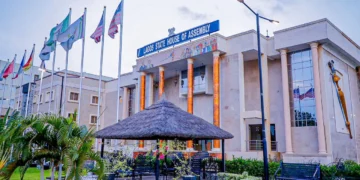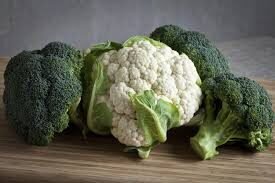Every investment has the basic intention of making a reasonable, profitable return on investment at the long run. Farming, as business, is not removed from this inclination to profit. Lagos is a commercial city and has less arable land for agriculture. One can get some hectares for agriculture in the outskirt cities of Badagry, Epe and Ikorodu. To access these areas, the ‘unrepentant Lagos traffic’ can hold one down and make the visit a day’s journey. But the fear remains that these farmlands would be turned to either residential estates, commercial plazas or production factories sooner than later with the way real estate growth and development is eating up the metropolis.
Because of the above, Lagos is not considered as an agricultural location. Most farmers settle for livestock farming and aquaculture because they take less spaces. Again, farmers do not usually take a liking to Lagos because of the fear of perceived multiple taxation, agency dues and levies and the menaces of the notorious ‘omo onile’.
But there are crops that can be grown within the smallest space, in home gardens. These plants and spices are considered relatively exotic and, in some cases, rare. This makes them somehow scarce within the metropolis and most times considered a ‘commodity for the rich.’ Based on the economic principle of demand and supply occasioned by this perceived scarcity, the prices are high in Lagos when compared to places like Jos, Gboko, Minna, etc.
Some of these crops include:
- Beet root
- Red lettuce
- Leek onions
- Cabbage (both purple and normal)
- Carrot
- Raddish (both white and red)
- Celery
- Mint
- Coriango
- Coriander
- Spinach
- Holy Basil
- Curry
- Thyme
- Egg Plant
- Green Beans
- Green Peas
- Green Pepper
- Cauliflower
- Broccoli
- Orange potato
- Onions
The farmer can experiment on both cauliflower and broccoli before going large scale using a home garden. This brings us to inter-cropping which is very important in farming. It is the art of growing two or more crops in close proximity to promote beneficial interactions between them. It also helps in maximizing small pieces of land. The beneficial interactions may be due to their ecological properties. It is important to also note that there are plants that when cropped together, will poison each other.
For instance, carrot can be inter-cropped with celery, parsley and cabbage. Broccoli can be inter-cropped with onions. Strawberry can be inter-cropped with carrot.
Some plants are allelopathic in nature having ‘the capability to chemically impede the vital systems of competing plants.’ Strawberry is not compatible with carrot. Cabbage, cauliflower, corn and potatoes do not do so well near tomatoes.
The nice thing about these plants is that they can be planted and grown in buckets within one’s compound as most of them do not need much water.
Having experimented in small gardens with either buckets or planting bags, the farmer can take it further on a large scale to places like Ogun State. One plot of land is enough to give the farmer huge ROI. Then, expansion remains a constant index in any business. Your guess is as good as mine.
Tomorrow, we will look at the Lagos market and its marketability for these plants. We explore the raison d’etre for choosing Lagos as our primary target.
Azuka Edokobi is a Writer , a Farmer, a Supply Chain Expert and an Entrepreneur























































